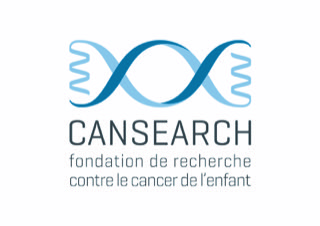c) MyeChild 01 & SCRIPT AML Study
These two clinical studies focus on treatments administered to children with acute myeloid leukemia (AML). A small proportion of pediatric AML patients belong to the high-risk category requiring hematopoietic stem cell transplantation. Treatments administered during the transplantation preparatory phase are highly toxic and carry a significant risk of side effects. Toxicities resulting from conditioning treatments are closely linked to the quantities of drugs administered. However, the substantial risk of relapse (20-30%), inherently associated with the AML diagnosis, must be considered, and treatment inefficacy resulting from underdosing carefully avoided. Moreover, significant variability in treatment response is observed from one child to another, greatly complicating the evaluation of drug doses to prescribe to each patient.
MyeChild 01 is a large international study covering all stages of AML treatment. Its main goal is to improve the effectiveness of anti-leukemic treatments administered to children with AML. Our research platform conducts a nested pharmacogenetic sub-study within the main study aimed at investigating the genetic determinants of treatment response to, if possible, identify susceptibility or inefficacy factors related to each treatment administered within the protocol, starting with the substances used for the preparatory conditioning of hematopoietic cell transplantations. To do this, we will have access to clinical and pharmacokinetic data as well as genetic material from all patients in the MyeChild study who have consented to genetic analysis. Enrollment of new patients in MyeChild 01 has not been possible since 2023, and the study will come to an end at the end of the minimum follow-up time for the last patients. We are currently organizing the pooling of genetic samples and obtaining clinical data to proceed with sequencing and analysis.
SCRIPT AML is a new international study targeting pediatric patients with AML requiring hematopoietic stem cell transplantation. The main goal of the protocol is to compare the efficacy of two pre-transplant conditioning treatment regimens. Sub-studies attached to the main protocol include a detailed and extensive pharmacokinetic analysis of the various substances used during conditioning as well as the search for genetic determinants related to drug exposure and susceptibility to their side effects. The data generated by this study will, among other things, allow us to validate the results obtained from the MyeChild 01 study. Our research group has actively participated in drafting this protocol as well as designing sub-studies regarding pharmacokinetics and encompassing genetics. The clinical protocol is currently being submitted to regulatory authorities and is expected to be accepted this year. Our biobank will be used to gather, store, and analyze all genetic samples from the study.
